7 Powerful Ways to Get Your Energy Back
If anemia has worn you out, try these to stay a step ahead.

When you have iron-deficiency anemia, the most common kind of anemia, you might never show any symptoms. A doctor could diagnose and treat you before you ever feel a thing.
However, if your condition is moderate to severe, you may experience dizziness, weakness, headaches, shortness of breath, and most likely, fatigue. That's because iron-deficiency anemia ensures you don't have enough red blood cells, robbing your body of the oxygen it needs to work correctly.
And though the disorder doesn't isn't usually serious in the long-term, anemia symptoms—especially fatigue—can put a damper on your day-to-day function. While you wait for treatment to kick in, here are some tips for sleep, sex, exercise and more.

Sleep
Sufficient sleep is vital to dealing with anemia-related exhaustion. But too much can actually be detrimental, ultimately making you more tired.
Adults under 65 should shoot for seven to nine hours of sleep per night; seniors, between seven and eight hours. You can take naps, but they shouldn't be long. Snoozing for 30 minutes is fine.
To sleep better, get a routine going; try to go to bed and wake up around the same time every day. Avoid caffeine, don't watch TV and ditch your smartphone and other electronics in the hours before bed. Use your bed primarily for dozing—though reading and sex are all right, too.

Sex
When you're fatigued from anemia, it takes extra effort just to complete everyday tasks, never mind maintain an active sex life. But with some smart strategies, it is attainable.
First, consider the timing. You may feel less tired early in the day or later in the evening. Try to schedule sex then, so you can conserve energy and build anticipation. Second, speak openly with with your partner; let them know your fears and concerns, and work together on a plan for intimacy. Be patient, and ask them to do the same. Speak with a doctor or a therapist for suggestions, or to work through problems.
Finally, give yourself a break; it's okay to choose rest over sex. Remember that your physical health is crucial to the health of your overall relationship.
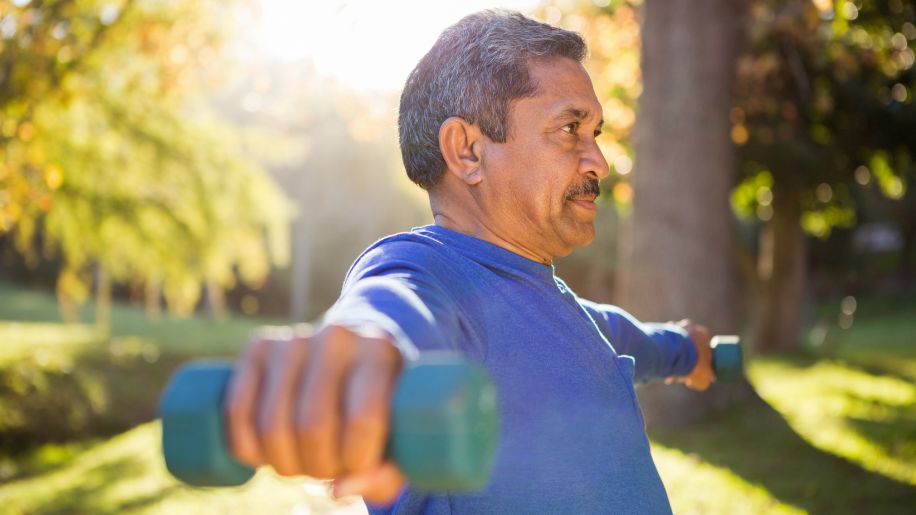
Exercise
Exercising with anemia can be tricky. Too much, and you aggravate your symptoms and tire more easily. Too little, and you lose out on benefits like increased energy, reduced stress and an improved overall quality of life.
So, start small, especially if you're not a fitness buff. Pick a sport or workout you love—you'll be more inclined to stick with it—and do short bursts every few days. The American College of Sports Medicine suggests beginning with 10 to 15 minutes at a time, and working your way up to 30- to 60-minute sessions, three or four times per week. The more exercise you get, the greater the health benefits. Keep in mind however, any amount of physical activity is better than none. Every bit of exercise—even just a two-minute walk—has health benefits and counts towards your weekly goal.
Take a breather whenever you feel like it, and don't overexert yourself. If you feel chest pain, extreme fatigue or shortness of breath, stop what you're doing and get medical help.
Of course, before you begin any fitness program, speak to your healthcare provider. They have a grasp on your physical capabilities, and can help prescribe the right moves.

Diet
When you're being treated for anemia, there's a good chance your doctor will ask you to eat iron-rich foods like eggs, fish, leafy greens, tofu, liver, poultry, pork, red meat, shellfish, nuts, beans and lentils. Too tired to shop? Many national supermarket chains now bring groceries directly to your home if you order online. Or, depending on where you live, web-only grocers like Peapod and Amazon Fresh may be just as convenient.
To improve your overall health, assist treatment and perhaps ease symptoms, you can also:
- Drink plenty of water
- Slash sugar wherever you can
- Reduce or eliminate alcohol
- Eat foods with vitamin C, which helps the body absorb iron
Your doctor may also recommend iron supplements. Be careful not to take more than prescribed, since it can cause unwanted side effects.
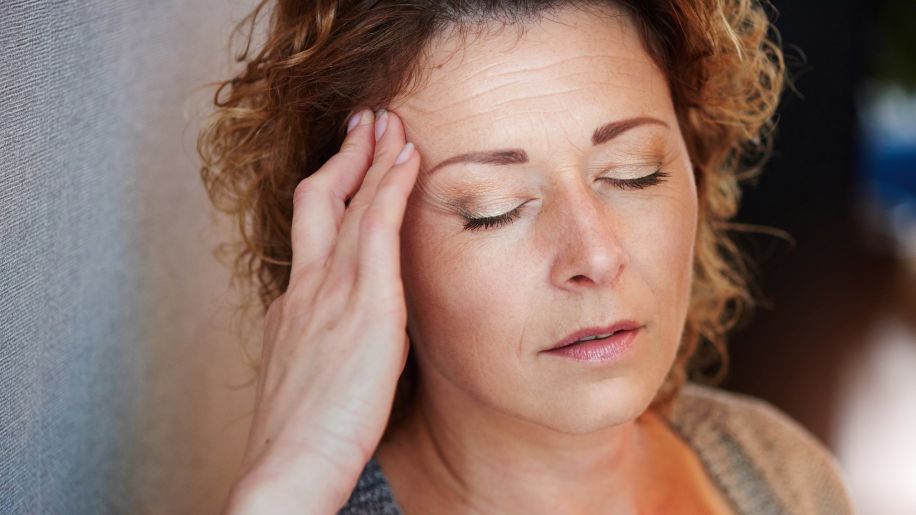
Stress
Stress is a fact of life for many people with health conditions, and anemia is no different. Dealing with symptoms, family, friends and work can make you feel anxious and strained.
To address your stress, set time aside for relaxation—a spa date, some quiet reading, a cup of tea. Schedule fun events and social opportunities that won't take a lot out of you. Speak with your family about your condition, and ask for their love, patience and assistance when needed. Learn to say "No" to requests and demands you can't necessarily handle right now.
Above all else, try to remain positive. Iron-deficiency anemia is treatable, and the effects are likely just temporary. If all goes well, you should be back to your old self fairly soon.
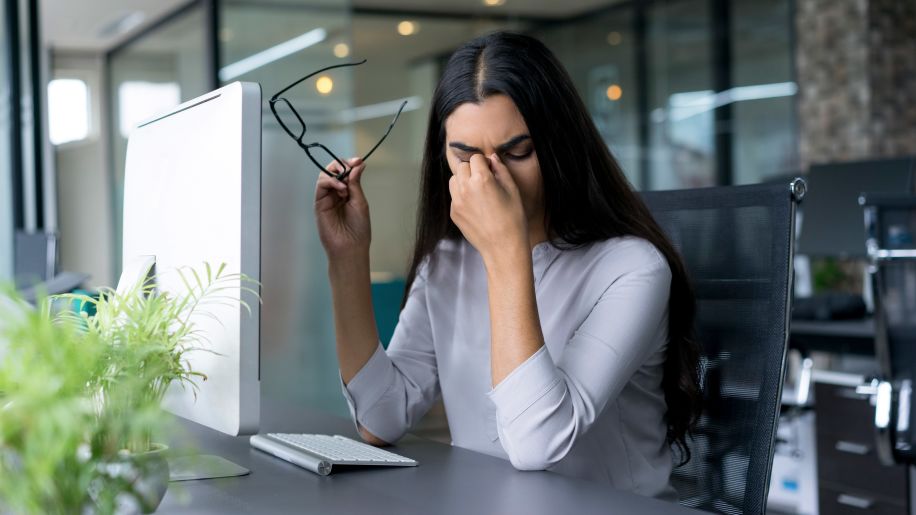
Work
If dizziness, headaches and fatigues are no fun at home, they're doubly distressing at the office. If you have to go in—and many of us don't have a choice—try these strategies for an easier workday:
- Space out and give ample time to your more demanding tasks, whether it's leading a meeting or delivering a project.
- Write everything down, from your to-do list to your daily schedule. You're less likely to forget little things this way. A smartphone productivity app can also work wonders.
- Eat well, take breaks and make sure you get plenty of water.
- Talk to your boss about working from home, or perhaps more flexible hours. Let them know treatment usually takes a few weeks, so the situation is likely temporary.
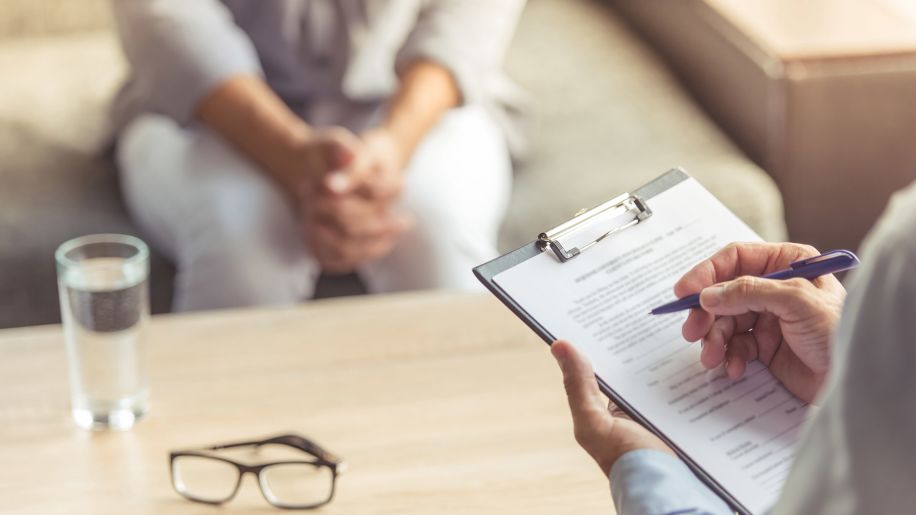
Therapy and Medical Help
When you're being treated for anemia, it's important to keep all appointments and follow treatments as prescribed—especially if you have changing or new symptoms. Doctors can address physical health problems, and point you towards a therapist if your mental health begins to suffer, as well. For those with severe or chronic iron-deficiency anemia, counseling may help you feel less alone and work through emotional issues tied to your anemia, like guilt for being less active with family and friends.
Remember: don't make any significant lifestyle changes without asking a health professional first—especially starting or stopping medication or supplements. While little hacks can help you manage, your doctor should ultimately guide your recovery.
Featured Content
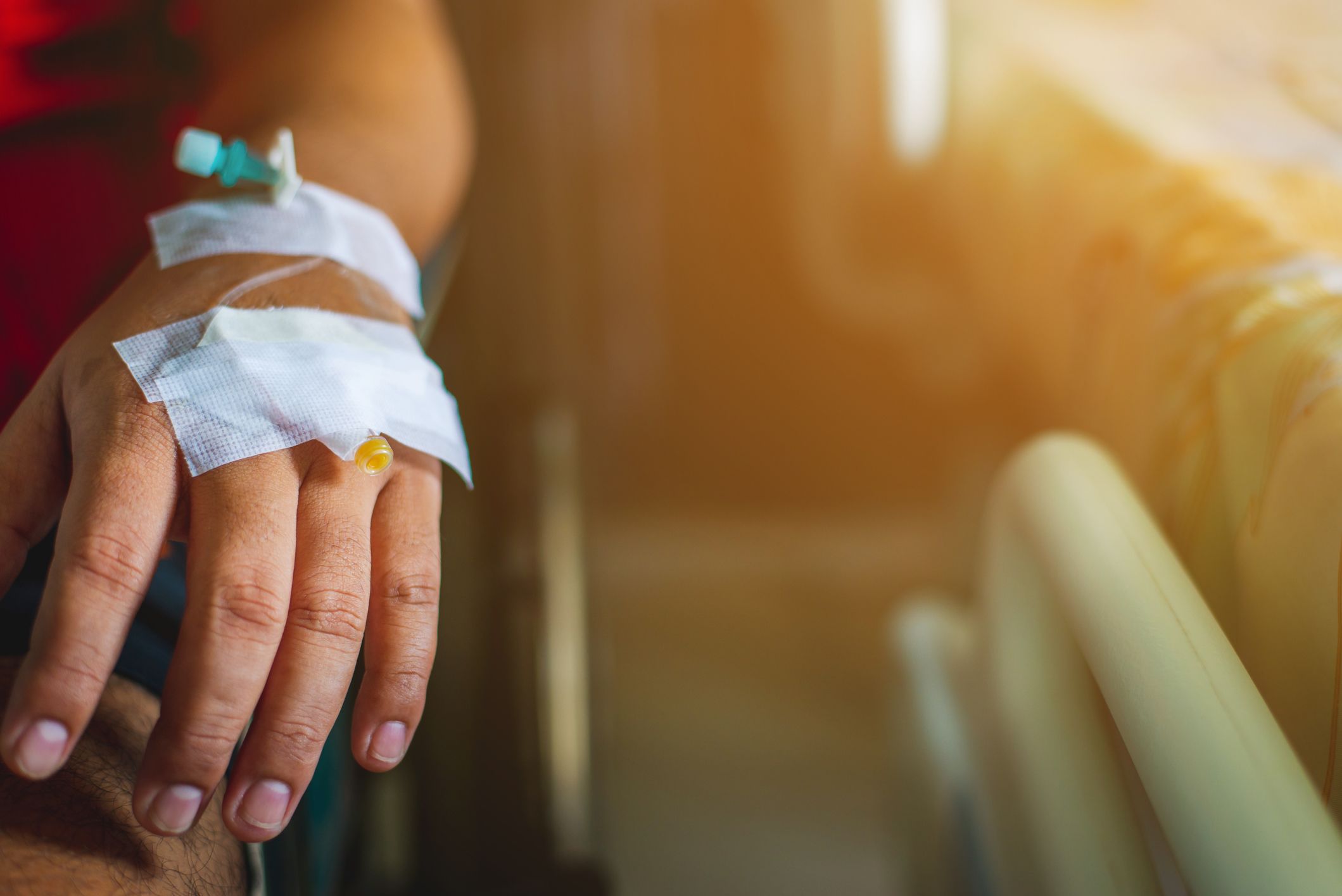
article
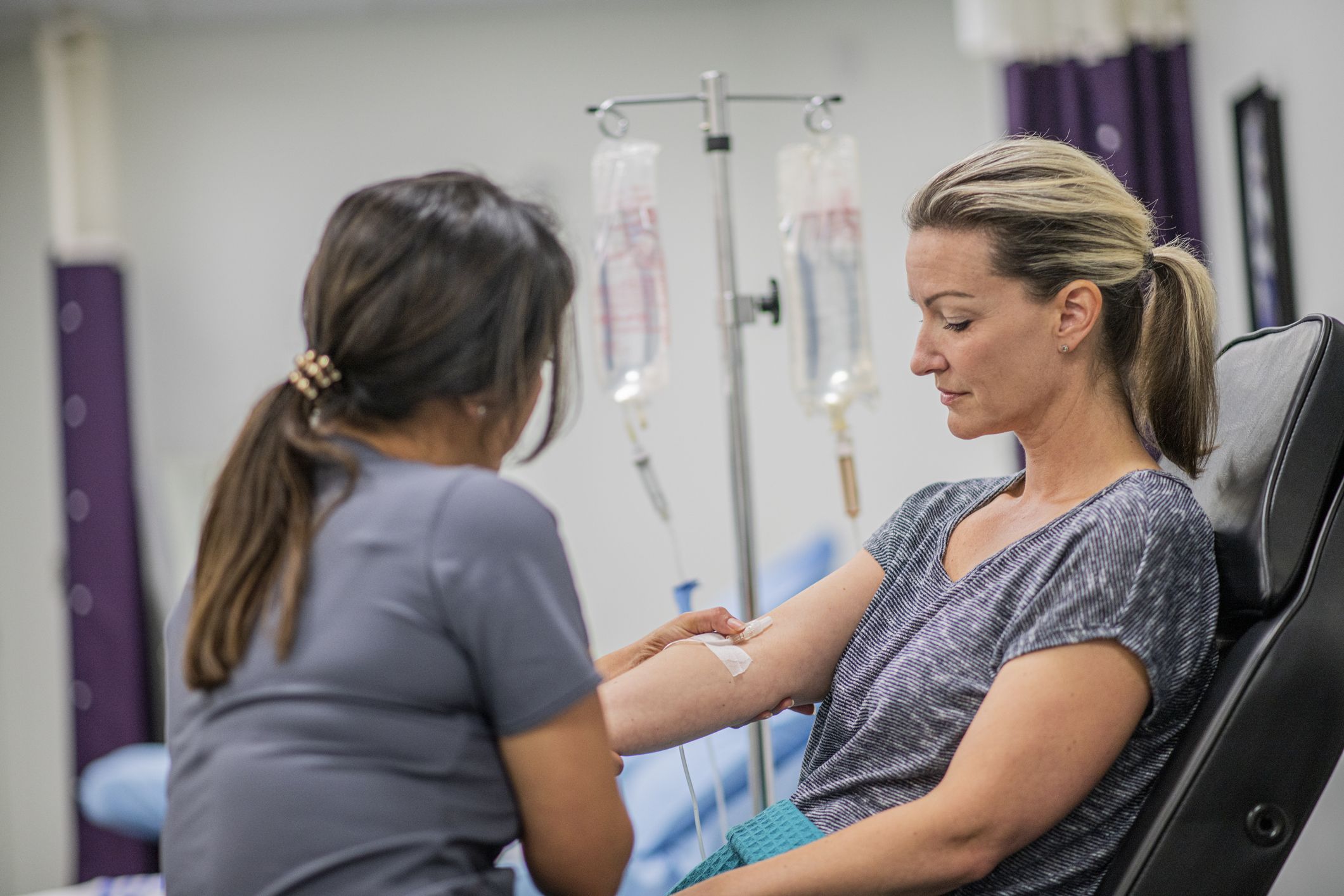
article

article


video


video
